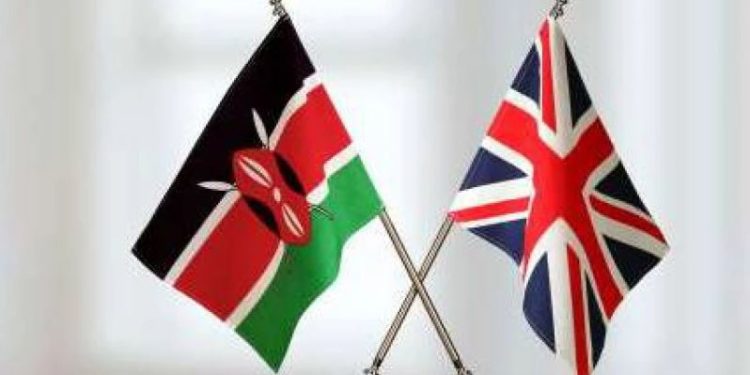Kenya is now faced with new trade challenges following the post-Brexit deal and new trade tariffs which were passed by the East African Community (EAC) in which Kenya is a member state.
According to the UK, Kenya must abide by the terms of the Economic Partnership Agreement (EPA) signed on December 8, 2020, before it was approved by the UK parliament on March 5, 2021. The agreement was signed in London to guarantee that all businesses doing business in Kenya can continue to take advantage of duty-free access to the UK market.
Read: Kenya Set To Benefit From Africa’s First Real Estate Data Hub
UK argues that the recently increased tax rates within the EAC do not reflect the agreement Kenya reached with London and is requesting to be exempted from them. These new rates took effect on July 1 of this year. Products including iron and steel, food, oils, furniture, leather goods, and freshly cut flowers are all subject to the new tariff.
Kenya exported Ksh53.2 billion ($435 million) to the UK in 2020. Tea, cut flowers, and legumes accounted for the majority of Kenya’s exports to the UK, totalling Ksh17.4 billion ($141 million), Ksh13 billion ($108 million), and Ksh3.6 billion ($30.5 million). Kenyan exports to the UK have climbed over the past 25 years, from Ksh28.6 billion ($238 million) in 1995 to Ksh53.2 billion ($435 million) in 2020, at a yearly rate of 2.45 percent.
Read: Mugambi Nandi: How I Transitioned From Journalism Dream To Big Law Breakthrough In UK
Member states of the EAC agreed to a Common External Tariff (CET) agreement that would result in a 35 percent tariff increase for imports into the bloc on May 5. Fruits, nuts, sugar, confectionary, coffee, tea, spices, headgear, ceramic products, and paints are additional items that fall within the new CET tax bracket. Following Brexit, Kenya is attempting to reach a new bilateral trade agreement with the UK in an effort to support its economy after EAC partner nations were unable to reach an Economic Partnership Agreement with the EU.















